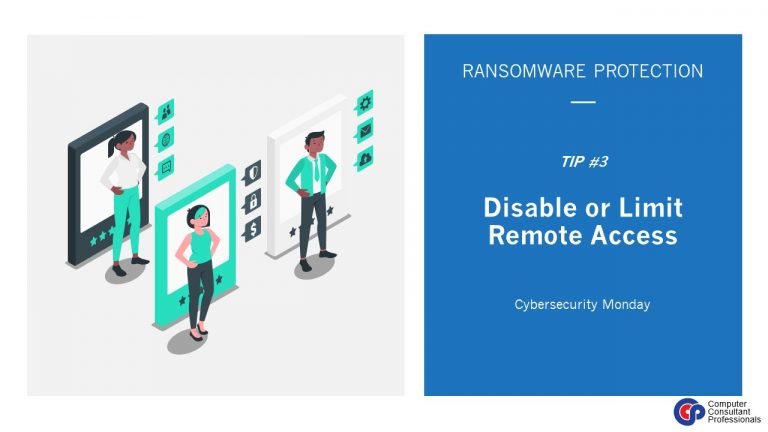
Ransomware Protection: Disable or Limit Remote Access
Disabling or limiting remote access can stop a hacker in their tracks. Often, hackers will try to brute force their way into your network in

Disabling or limiting remote access can stop a hacker in their tracks. Often, hackers will try to brute force their way into your network in
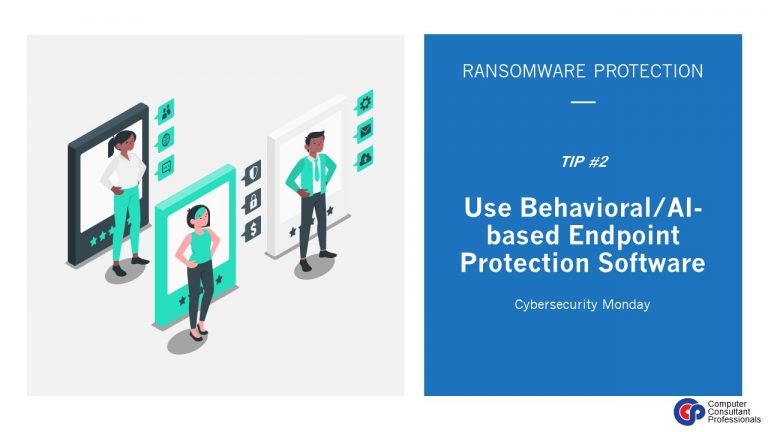
As Cybersecurity Mondays continue, we would like to encourage everyone to protect their endpoints. Any laptop or server could open you up to ransomware and
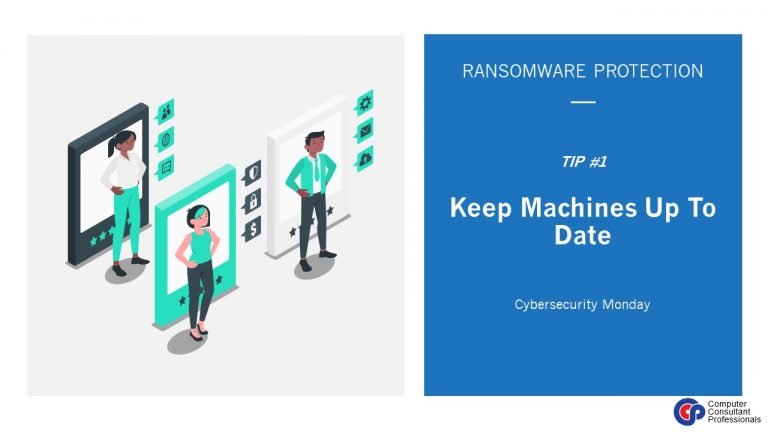
One of the easiest ways to avoid ransomware is to regularly update your computers. Outdated machines pose a higher risk and leave you open to
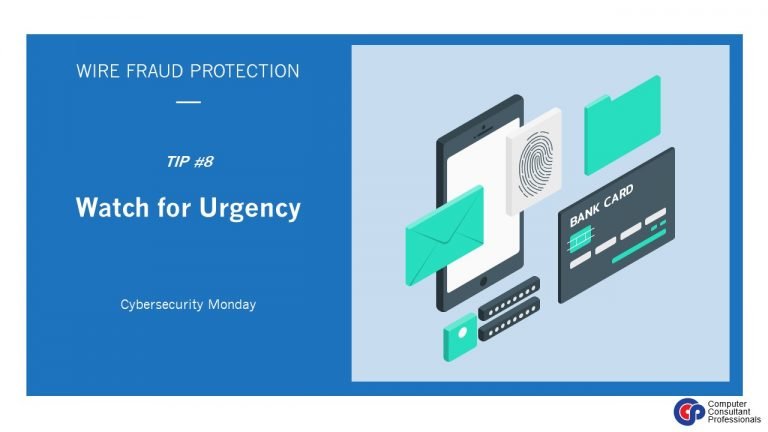
The most important takeaway from Cybersecurity Mondays is that we don’t want people to be afraid. Nowadays, attackers try to instill a sense of urgency
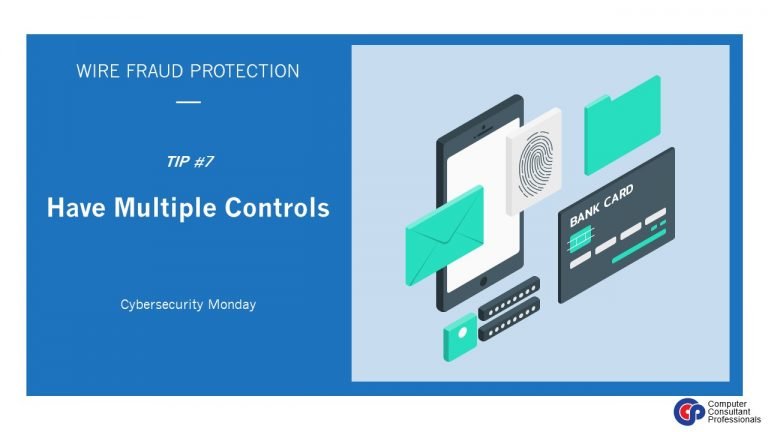
Stay safe by adding another level of authentication to your transactions. If you add processes to make sure that one person’s wire transfers are approved
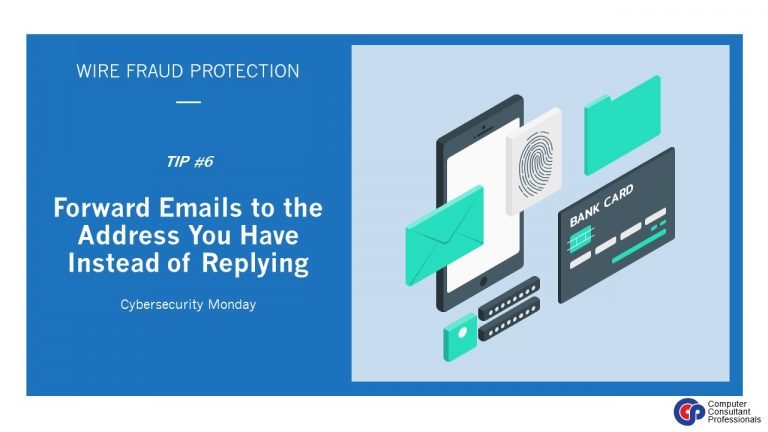
As Cybersecurity Mondays continue, we recommend that you take one additional step to make sure your money is safe. When you receive an email from
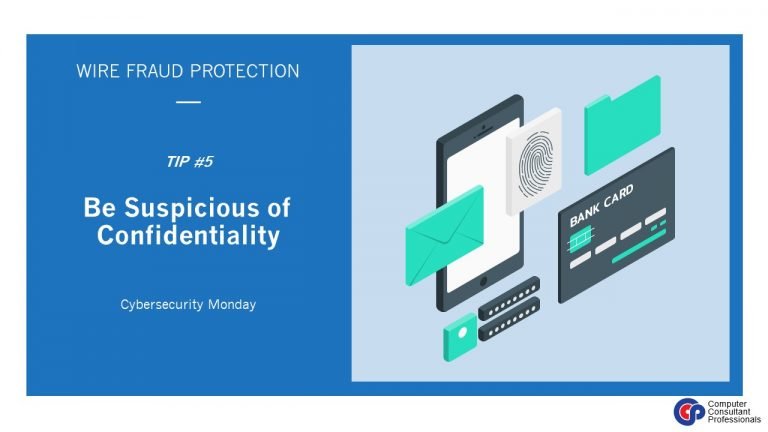
As Cybersecurity Mondays continue, it’s important to remember that attackers often try to stay concealed. If someone asks you to keep a wire transfer a
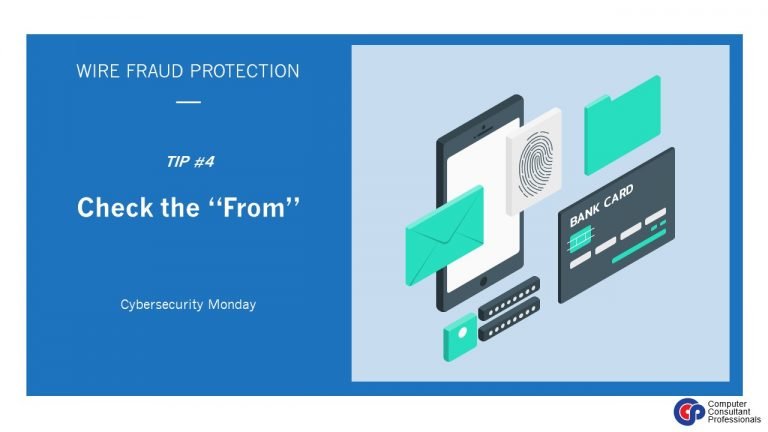
One of the trickiest indicators that you’re dealing with wire fraud is often in a sender’s email address. Criminals will often imitate legitimate email addresses
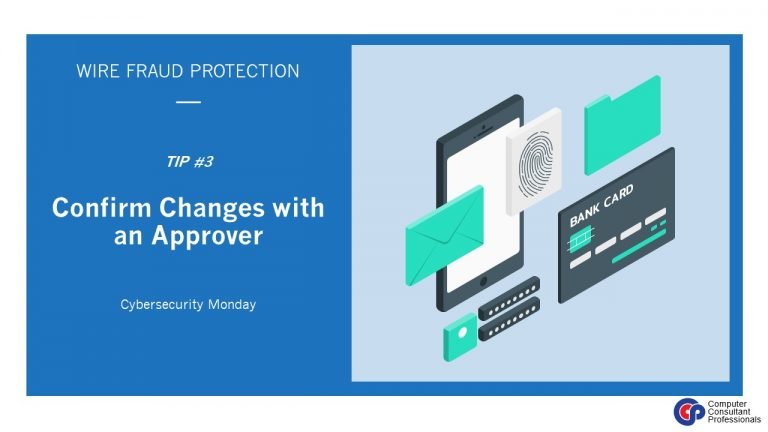
For today’s Cybersecurity Monday tip, it’s important to remember that wire fraud does not always start with suspicious payment requests. If you get instructions to
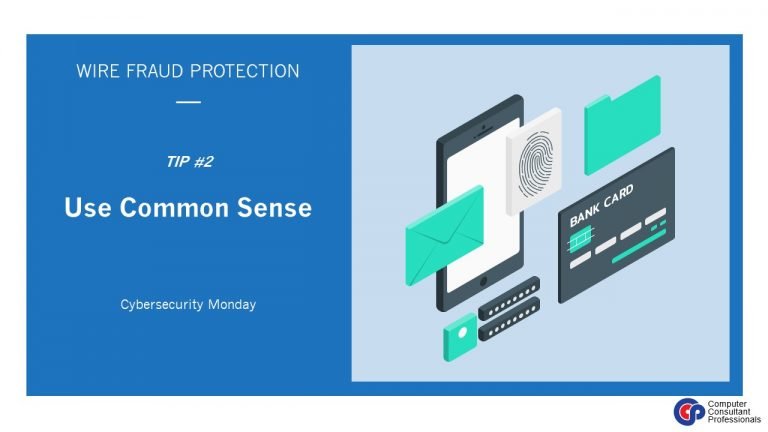
The best way to deal with attackers is to always take a moment, and to think critically. If you receive an out-of-the-ordinary payment request, or
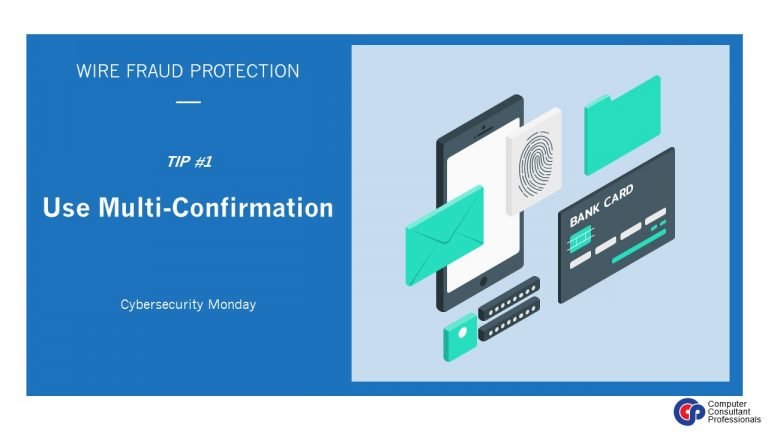
As Cybersecurity Mondays continue, we encourage everyone to protect their assets by verifying any transactions through several methods. For example, if you receive a wire
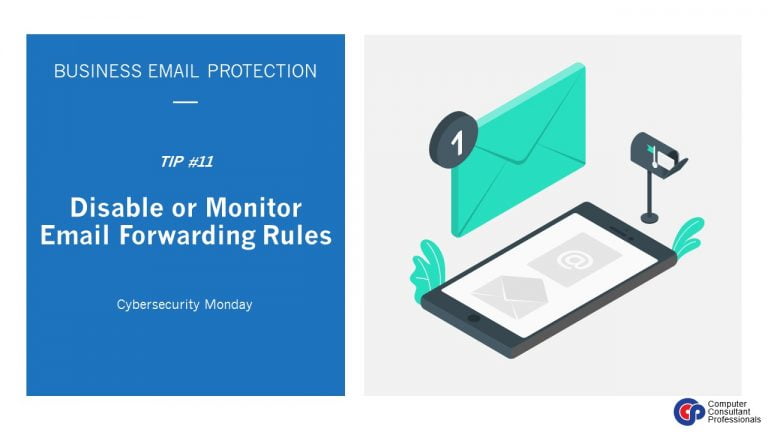
One of the sneakiest tactics that an attacker can use to steal your information involves email forwarding rules. Hackers will often set email rules to